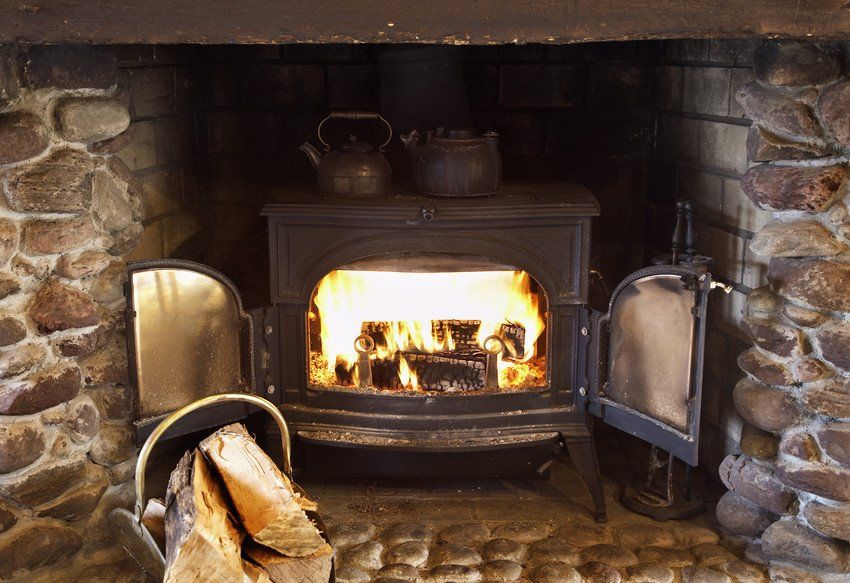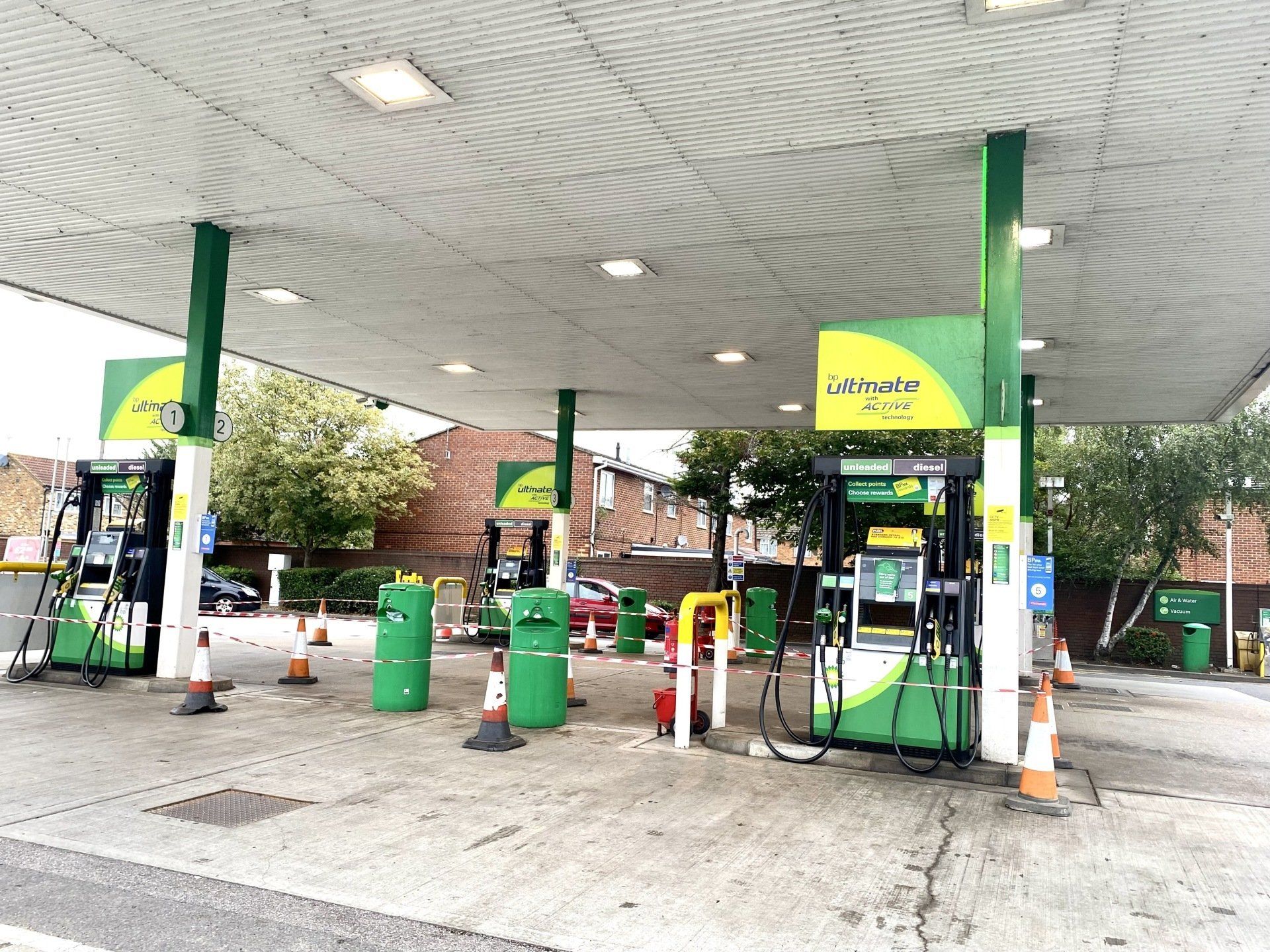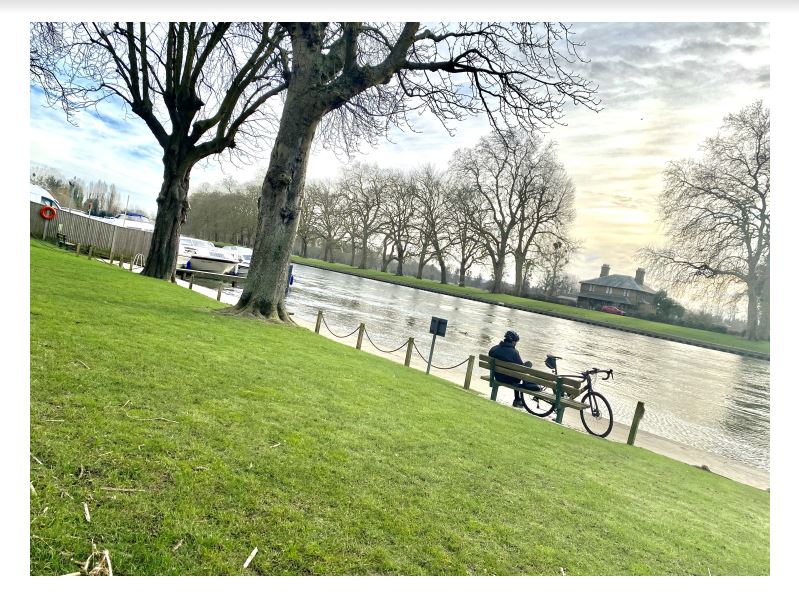News Blog
News Blog

By Sudhana Singh
•
18 Oct, 2021
Rising gas prices led to the collapse of 15 energy suppliers this year with the crisis showing no signs of abating. The regulator Ofgem transferred 2m customer accounts to larger, surviving suppliers. However, while consumers have been given assurances that their energy supplies would not be interrupted, they could face a £30 per month increase to their energy bills for switching suppliers. With winter looming, £20 a week cut to Universal Credit, and the bleak prospect of astronomical rises in energy prices, consumers are facing breaking point in managing their household budgets. Here are 12 hacks to take the chill off a winter of discontent: Read the fine print . If your supplier goes under, Ofgem allocates your account to a new supplier. Reading the fine print helps you to budget and precludes (more) nasty shocks when your adjusted bill arrives in your inbox. Install an automated meter reading for gas and electricity. It’s free and once installed, readings are sent automatically to your energy supplier. This means that you will be paying only for energy consumed, rather than an estimation of your monthly usage. If you are on Universal Credit, check your eligibility for a government wall insulation grant . https://www.gov.uk/guidance/apply-for-the-green-homes-grant-scheme. If you are not eligible for an insulation grant, you could recoup the cost of installation within six months to two years. This return on investment (ROI) also packs a punch for the planet, as lower energy consumption is kinder to the environment. For electricity, check if you are eligible for the Warm Discount Scheme which could shave a whopping £140 off your energy bills.https://www.gov.uk/the-warm-home-discount-scheme While you’re at it, ask your supplier if you were eligible last year. Low income pensioners could also qualify for this benefit. Similarly, dial it down for the planet and your pocket. Lower your thermostat at the onset of winter and only increase during the coldest of spells. Draw blinds and curtains to trap heat inside your home and offset your lowered thermostat settings. If you know that your family or housemates will forget to do this at sunset, go hardcore and set a reminder on Alexa daily. If you have laminate flooring, buy cheap and cheerful rugs to keep your home warm. Layers, layers, layers. If you're feeling the chill, put on a jumper with a hood. Have throws scattered invitingly for your family or house mates to snuggle into. Invest in thermal blinds that will keep rooms warmer for longer. It’s a one off expense but a long-term benefit, winter after winter. Dress your windows with curtains to prevent a somewhat bland or office-like look. Turn it off! Be switched on about savings that come from switching off electronic devices when not in use. Make the kitchen the hub of family life. The heat emanating from the hob keeps everyone warmer and lends a glow to family and conversation. Go green and consider installing solar panels. If this all sounds too spartan for you, turn on the romance with a wood- burning fireplace that could reduce gas and electricity usage by 80%, leaving you hot (and bothered!) all winter.

By Sudhana Singh
•
12 Oct, 2021
Seventeen per cent of UK adults couldn’t get the essential food items they needed in the last two weeks, according to the Office for National Statistics. Almost 25 per cent said they were unable to buy non-essential items. These statistics follow on the heels of petrol panic buying which fuelled petrol and diesel scarcity and resulted in seemingly unending tailbacks seeping steadily from forecourts. For a nation that prides itself on a well-formed queue, we’ve had plenty of practice. The start of the pandemic spawned a scarcity crisis for toilet roll and pasta, leading to Mother Hubbard-like shelves that were completely alien to the thriving first-world economy we’ve grown accustomed to. But what really fuels the psychology of scarcity? Social psychologists tell us that we place a higher value on things that are scarce and a lower value on what is in abundance. In September, we placed a high value on petrol with consumers’ petrol panic buying. Psychologists add that two principles feed this scarcity mindset: The first is social proof. If a product is sold out or supplies are low, it leads to greater demand for it. Headlines, photos, videos and trending hashtags on the petrol shortages, panic buying, and the post-Brexit loss of HGV drivers to transport petrol, fed the need to fuel up. Similarly, as major supermarkets shelves are stripped bare of food items it leads to consumers desperately searching for supplies to stockpile. The second principle of the scarcity mindset is commitment and consistency. Once you commit to buying something and it isn’t available, your desire for it increases. Motorists drove from station to station to fill up with fuel. When they arrived at forecourts, they waited in long queues, often for hours, to get petrol. A doctor said: “I drove to my usual garage but couldn’t move as the roundabout was at a complete standstill. The next two garages I tried were closed. Finally, I got to a bigger garage and waited. It was a two-hour palava, but I needed petrol to get to work.” The effect of scarcity leads to panic-buying which results in hoarding. One mum said: “When I saw the empty shelves where there was usually a choice of pasta, I went from shop to shop until I got it. Instead of buying pasta for the week, I stocked up for the month.” We use heuristics - mental shortcuts made up of a set of rules - when we are confronted with scarcity. This manifests in the fear of being unable to, for example, get petrol at the pumps when we see motorists turning their cars around at garages that are closed. Or a motorist with a petrol car finding out after a long wait, that the petrol hose is empty, while diesel is readily available. This scarcity mindset feeds our belief that there will never be enough, no matter what the item is, petrol or pasta.

By Sudhana Singh
•
12 Oct, 2021
The government’s unprecedented furlough scheme, the brainchild of chancellor Rishi Sunak, which subsidised 11.6 million jobs, ended on 30 September. Under the scheme, the government paid 80% of furloughed workers’ wages, up to £2,500 per month. It was the bulwark against instant job losses, protecting the income of employees from almost all sectors of the UK economy. The New Economics Foundation warned that the end of the £70 bn scheme could leave more than 700,000 workers jobless. However, according to the Office for National Statistics, job vacancies in the UK were at a record high at 1.2 million in September. What does it mean for the economy and what’s next for employers and employees? We spoke to Rohit Talwar, a London-based futurist speaker who shares the need for a foresight capability in a post-furlough future. What is foresight capability? It is about trying to understand what might shape the future and help us make better decisions today by understanding how our world might be in the future. How will the pandemic, lockdown, furlough and the end of furlough affect foresight? It highlighted the need for foresight. While people were aware of a pandemic, few had it on their radar as something to prepare for. Even fewer had the expectation that the economy would shut down as it did. This shocked many organisations and led them to prepare for turbulence. What impact does furlough’s end have on organisations in terms of vision, values and strategic direction? For a lot of organisations, it raises the question: “Do we need (furloughed) people back or can we function just as effectively without them?”. It led to many organisations becoming leaner. Many struggled financially and will not employ furloughed staff. Others say they need to grow faster and have readily available talent from furloughed staff. It’s different for different businesses. The critical thing was the acceleration of people's thinking about the future. We've seen five years worth of development in e-commerce happen within a few months. And shifts to working from home and acceleration of automation, as businesses try to reduce their reliance on humans. Businesses will question how they should design around a digital model. So the end of furlough means large-scale job losses? Yes, these job losses are beginning to emerge as a result of Brexit and accelerated automation. Are job losses within top leadership or at middle or lower levels within organisations? Historically, it's always been easier to cut people at the bottom. This time round, we've seen a more focused approach where more management is cut because we are automating more. We don't need people just going to meetings. We want streamlined organisations with fast decision-making and more efficient communication. Some management roles could be consolidated or eliminated. If some jobs will be taken over by artificial intelligence, how can people find jobs? On the plus side there are a lot of start-ups that are creating jobs. There is an emergence of new sectors, whether it is the green technologies like solar or new manufacturing processes like 3-D printing. However, that is not going to require as large a workforce. How can people future-proof their jobs? They need to take more responsibility for three types of learning and development. The first is learning how to learn and accelerating learning to acquire new knowledge and skills quickly. The second is self-management - skills that help us be really good players in the workplace - managing stress, communication skills, conflict resolution, problem solving, systems thinking and scenario planning. Finally, there are skills for different roles. Does e-commerce spell the end for bricks and mortar businesses? It doesn’t spell the end but it's driving a rethink where we question the purpose of our physical outlet.

By Sudhana Singh
•
17 Jul, 2021
As South Africa's infrastructure is razed to the ground, age-old juxtapositions default, with spectrums of this rainbow nation locked in race wars; food poverty and the milk of human kindness; rule of law and lawlessness. For a country where millions already live on the breadline, daily supplies of bread and milk were suddenly out of reach. Road closures meant that food supplies could not get to customers who were so desperately in need. As Jacob Zuma transitioned from president to prisoner, looters burnt commercial buildings and shopping malls. Those that still stand in the port city of Durban, do not have fridges or cash tills and staff cannot travel because of road closures. For many starving South Africans - in a bitter irony - devastated dairy farmers were forced to dump life-giving, nourishing milk down the drain. Colin Wellbeloved (43), Chairman of South Africa’s Milk Producers’ Organisation, said that there are 330 dairy farmers in KwaZulu-Natal (KZN), and at this time of year they produce two million litres of milk a day. Since the road closures throughout the province, 80 percent of this milk had to be spilt daily. His dairy farm is in Boston, close to Pietermaritzburg, KZN. On Wednesday, he and his immediate dairy farm neighbours poured 60 000 litres of milk down the drain. "It is unimaginable," he said. He explained that the pandemic and the lockdowns saw an increased demand for milk and healthy farm produce, which was a saving grace. Through all the lockdowns they were able to sell every litre of milk at reasonable prices. Many farmers had two tough years with high inputs such as diesel and fertiliser, and they had just managed to ride through the rough patches. However, Mr Wellbeloved believes that the riots were “the last straw that broke the camel’s back. The future of dairy farming in KZN looks untenable”. This will impact nationwide food supplies and employment. “We are grateful there hasn’t been any loss of life on our farms,” Mr Wellbeloved said. He believes that when the situation settles farmers would probably be unable to sell their milk. Where would they send it he wondered, since commercial property was completely destroyed. KZN dairy farmers are a major source of South Africa's milk. They supply Gauteng province, with the city of Johannesburg, the commercial capital of South Africa, with 50 percent of its milk. Currently milk is not getting out to those who most need it. "The entire country will suffer food shortages" Mr Wellbeloved said. "There is bigger trouble coming", Estcourt dairy farmer, Shaun Braithwaite (42) said, "Food shortages and panic buying, together with the N3, a major arterial route through the country, linking KwaZulu-Natal with Gauteng, being closed off. We have suffered devastating losses and our milk was unable to leave the area. I worry about the future". As millions cry out for food, individuals, charities and communities rallied to feed their hungry neighbours. Mr Wellbeloved donated 2 700 litres of milk and one ton of maize to those who he says have "nothing to eat". These acts of kindness were mirrored throughout the country with some charities using helicopters and tankers to deliver tons of food to their starving countrymen. It reflects the legacy of Mandela, founding father of South Africa's democracy, whose theme for Nelson Mandela Day 2021 is "One Hand Can Feed Another". It is also a reminder that when he transitioned from prisoner to president, his first message to war-torn KZN was "throw away your guns, your knives and your pangas [machetes]...into the sea". Mandela's strategy was not to draw fault lines but to bring peace between the ruling African National Congress (ANC), and Inkatha Freedom Party (IFP) to steer South Africa into democracy. With racism once enshrined in the South African constitution, the riots resurfaced the residual acrimony between the largely Indian Phoenix and Chatsworth population in Durban, with their black neighbours. The violence resulted in life and death daily running battles between them. In contrast, black, Indian and white Estcourt residents stood shoulder to shoulder every night to defend their town against violence, thugs and opportunists. In a Facebook post, Estcourt resident Sunil Ramprith, said to the volunteers: "Well done to all the heroes". Belinda Woodley Stipp added: "Thank you for doing shift after shift," and Mncedisi IW Makuyi proudly announced: "No looting in our small town Estcourt". Perhaps the saddest irony is that the fledgling democracy that fought bloody battles to build a rainbow nation, and held steadfast to the rule of law for 25 years, is once again on the brink, as lawlessness threatens to torch its constitution.

By Sudhana Singh
•
07 May, 2021
British Masters elite athlete, Donald Brown, became world champion in his age category when he won gold in 2019 for the 60m hurdles. He added to the medal haul and sprinted his way to the winner’s podium as a triple European Champion. As a world-renowned athlete and sculptor, he didn’t let anything stand in his way. Until Covid stopped him in his tracks. Donald Brown’s coach, Leon Braithwaite, former professional footballer and coach to a squad of elite athletes, including Masters medallist, Fausto Furlotti, said that Brown’s positive mindset helped him overcome Covid and get back on track. They are training at the Lee Valley Athletics Centre. Masters athletics is for those over 30 years of age.
© 2024. The content on this website is owned by us and our licensors. Do not copy any content (including images) without our consent.





